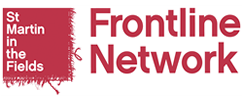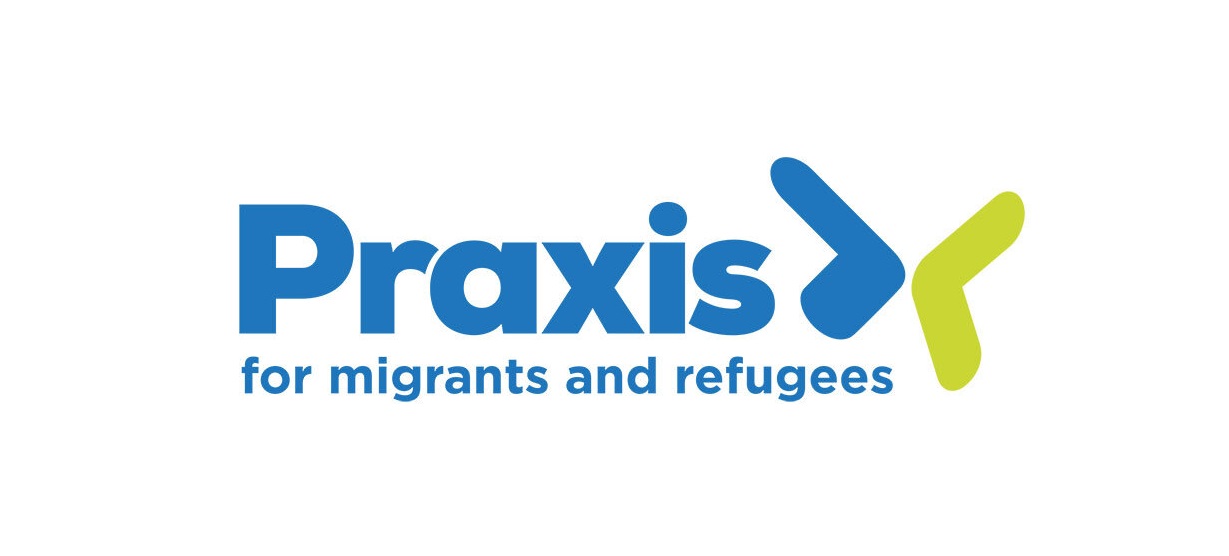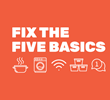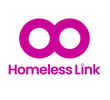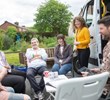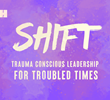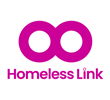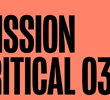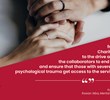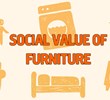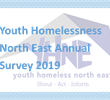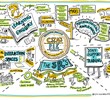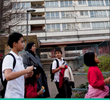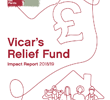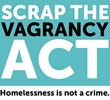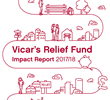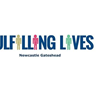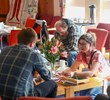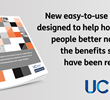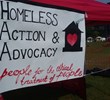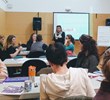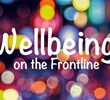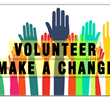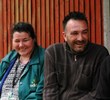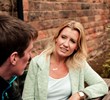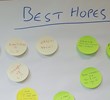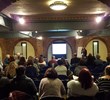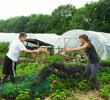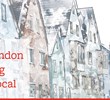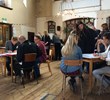The following blog is written by Basis Yorkshire, who facilitate our Leeds Women’s Homelessness and Housing Frontline Network in partnership with Together Women and Leeds Women’s Aid.
For Pride Month 2025, we are looking at various groups of people we support at Basis Yorkshire who are within the LGBTQ+ community and examine how stigma and discrimination affects them, as well as what we do to empower them and promote safety.
As Leeds celebrates Pride Month, we must also face a harder reality: for many LGBTQIA+ people, especially trans individuals and queer youth, safety and housing remain out of reach.
The 2024 Leeds Women’s Rough Sleeping Census reported that 4% of participants identified as non-binary — a rare acknowledgement of gender diversity in homelessness data. But this likely underrepresents the real scale of need, particularly among LGBTQIA+ people of colour and trans people, who often remain invisible to services not designed to recognise them.
Why are LGBTQIA+ people at higher risk of homelessness?
- Family discrimination:
Many LGBTQIA+ young people are pushed out of their homes after coming out. Without family support, they often face isolation, poverty, and housing instability at a much younger age than their peers.
- Unsafe or Exclusionary Services:
Homelessness systems are still designed around binary gender norms. Trans and non-binary people are often misgendered, denied access to appropriate accommodation, or made to conceal their identity just to stay safe.
- Unfair Housing Access Rules:
“Local connection” policies often block access to housing for LGBTQIA+ people who have moved cities — like Leeds — to escape unsafe or abusive environments. These rules punish people for seeking safety.
- Unaffordable Private Renting:
Welfare support like the Local Housing Allowance doesn’t keep up with rent costs. For under-35s, it only covers a single room in a shared house — which can be unsafe or traumatic for LGBTQIA+ people, especially trans individuals, due to fear of harassment or violence from housemates.
What’s being done in Leeds?
Leeds City Council’s 2023–2028 Homelessness Strategy acknowledges the need for more inclusive services. It commits to trauma-informed approaches and better access for LGBTQIA+ people, sex workers, and young people — groups often missed by traditional services.
As planning begins for the 2025 Women’s Rough Sleeping Census, frontline organisations are calling for:
- More evening and weekend outreach, when women and LGBTQIA+ people are more likely to be seen.
- Inclusive, trauma-informed training for those collecting data and understanding the needs / voices of LGBTQIA+ individuals experiences of homelessness.
- Better representation of LGBTQIA+ and racially minoritised communities
- Clear attention to health needs, including mental, sexual, and physical health.
These improvements are essential to make hidden homelessness visible — and to ensure future services reflect the people most affected.
Pride Should Mean Safety: Pride began as resistance — a demand for dignity, safety, and visibility. But until every LGBTQIA+ person has a safe place to sleep, Pride in Leeds cannot be truly inclusive. Visibility must include those still left out. And recognition must lead to housing justice.
If you’d like to find out more about the local networks:
Leeds Women’s Homelessness and Housing Frontline Network (practitioners), the Collaboration for Women’s Homelessness (managers) or would like to find out more in general please get in touch with:
Annie Butterfield (Housing and Influencing Change Worker at Basis Yorkshire)
annie.butterfield@basisyorkshire.org.uk
Sign up to Leeds Women’s Housing and Homelessness Network newsletter
